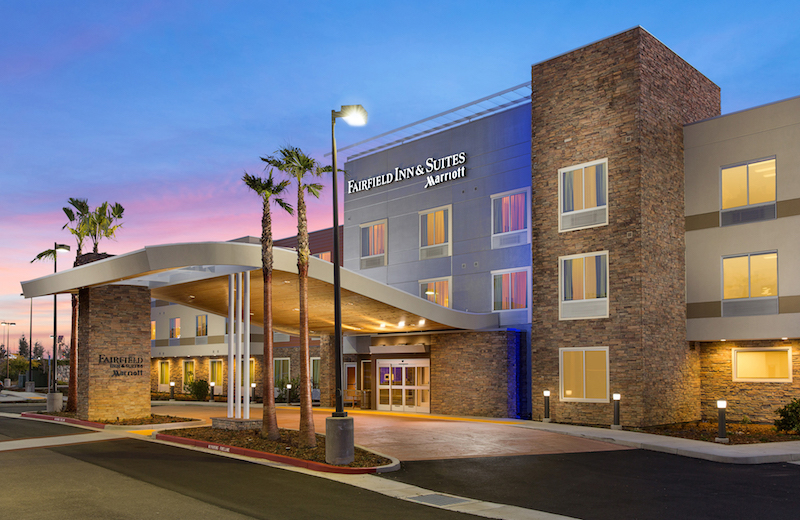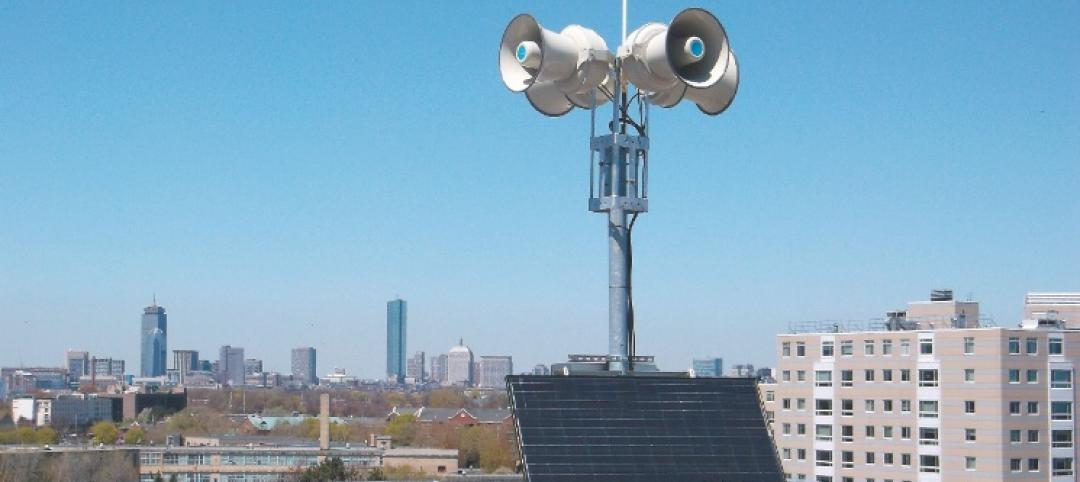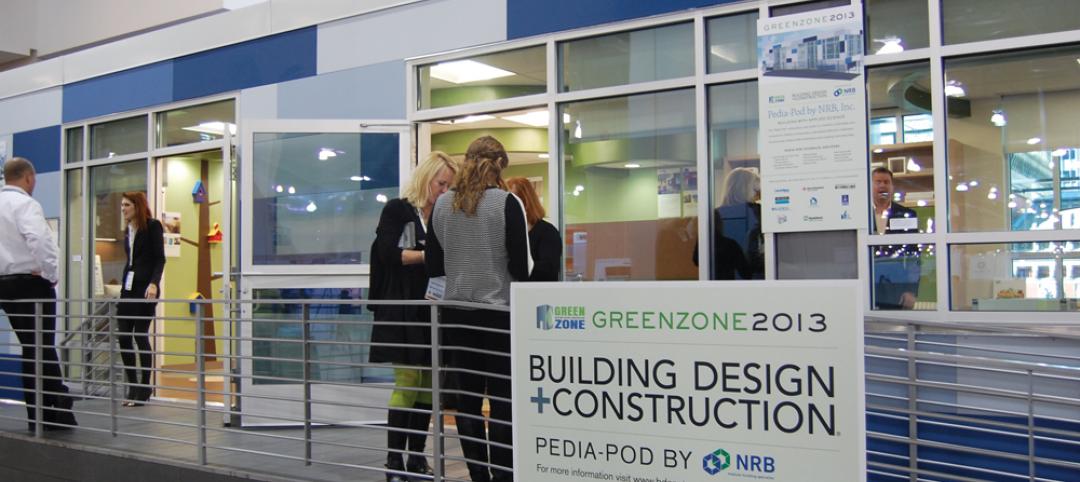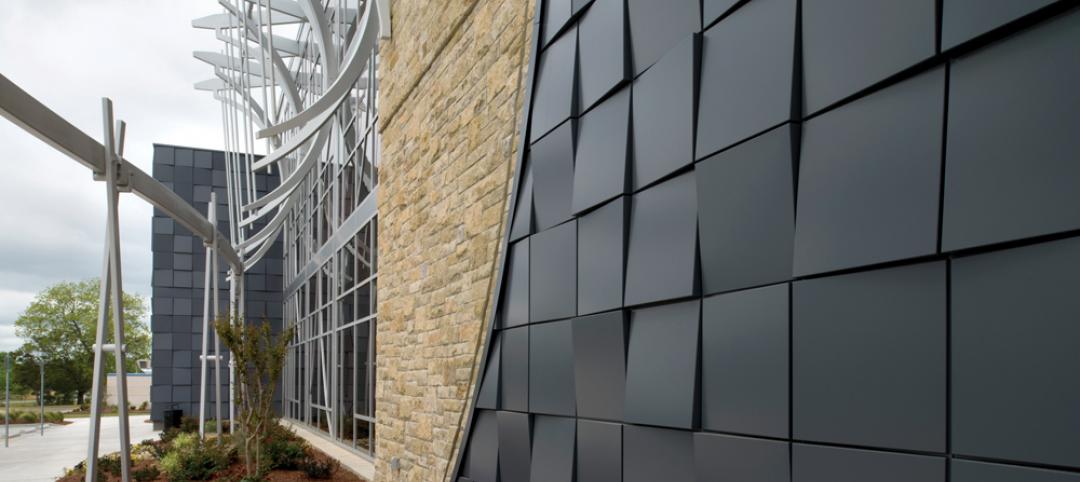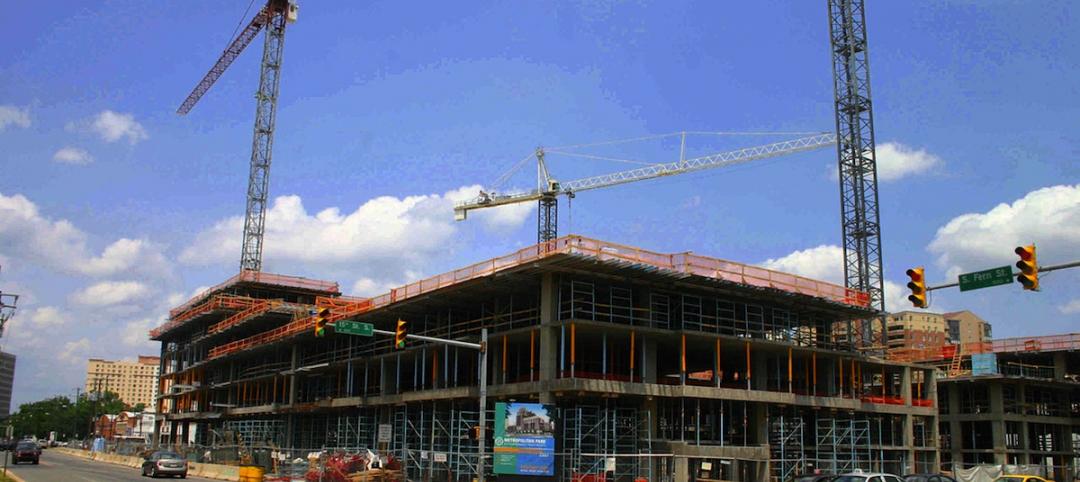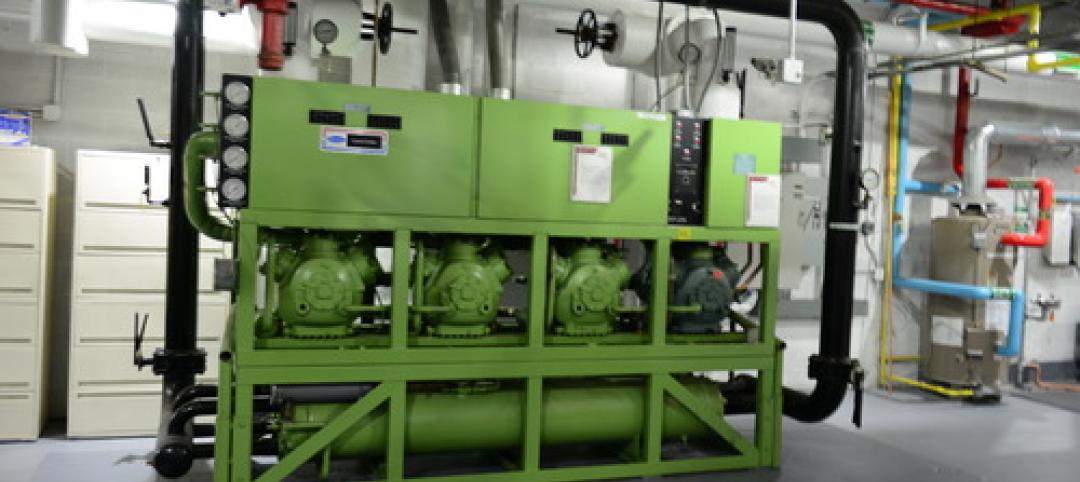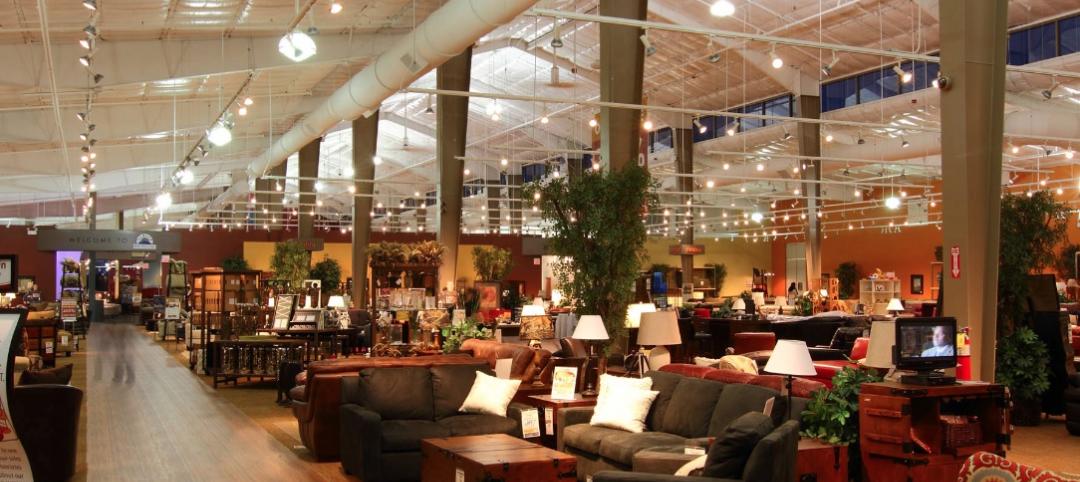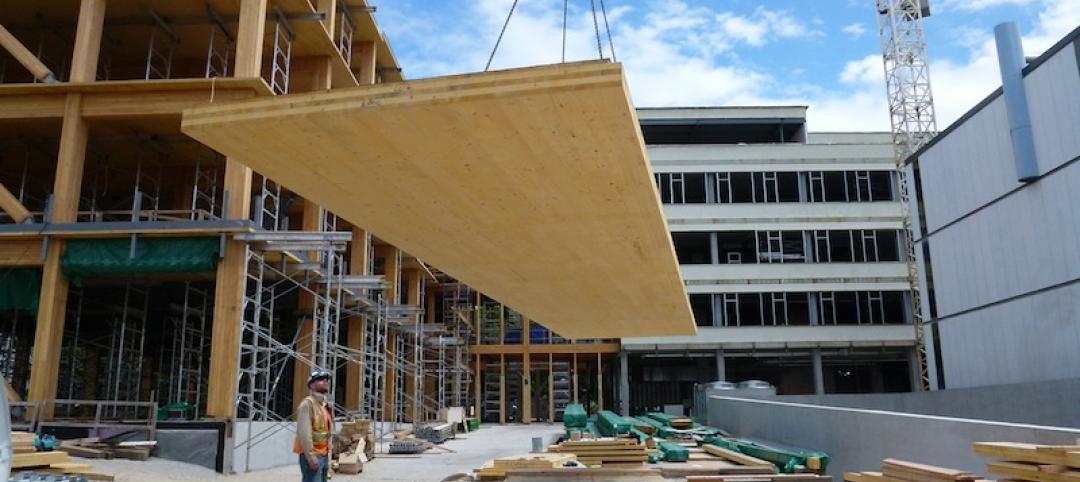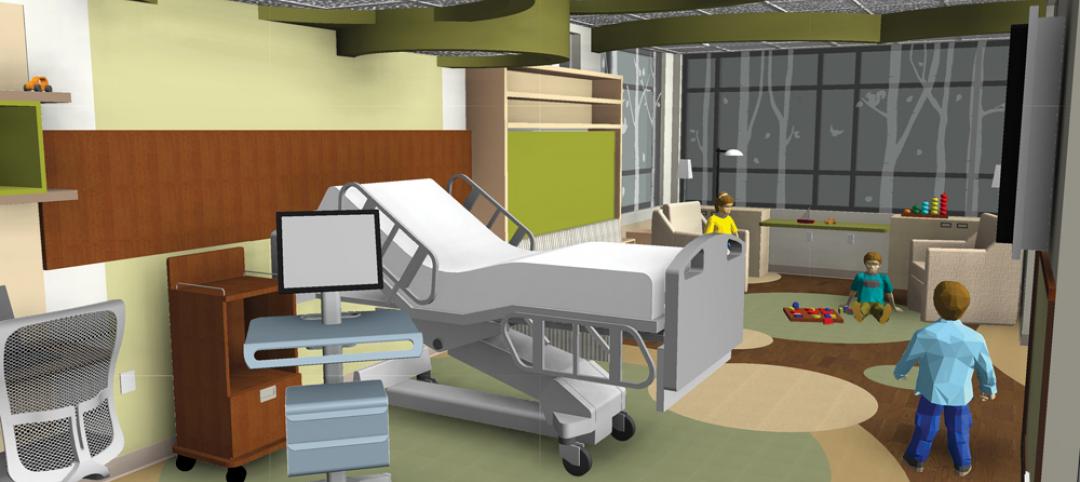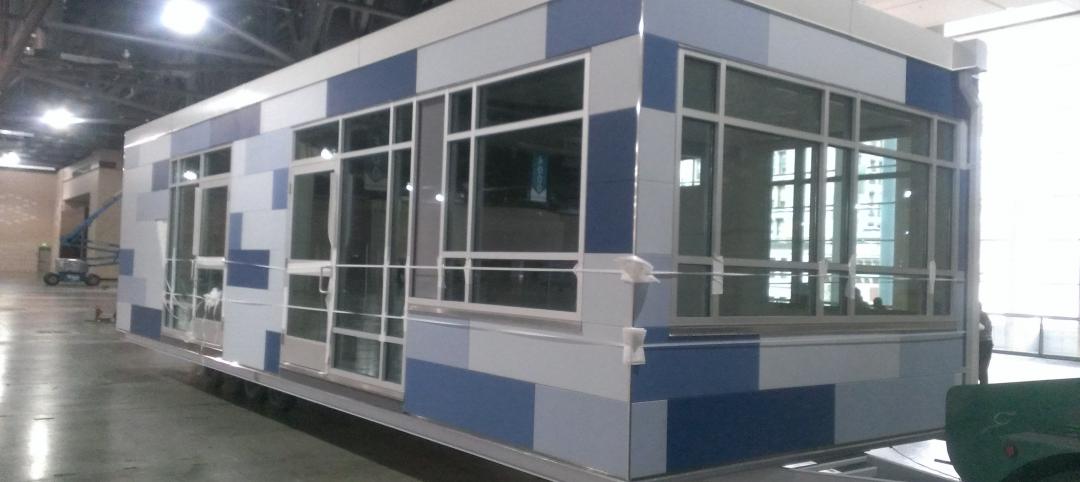The Fairfield Inn in Folsom, CA was Marriott’s first hotel built using offsite construction methods. Guerdon Modular Buildings, a member of the Modular Building Institute, harnessed hybrid techniques while building the 97 room, 52-module hotel.
All the suites on the first floor and the entire second and third floors are made up of modules while half the first floor, including the entry way, pool, and other amenities were site-built. This created a unique challenge as half the building was built on a crawl space and the other half of the building (the site-built portion) was built on a slab foundation. Each module is configured to contain two rooms and a portion of the corridor. Select modules on the second-floor jetty out over the first-floor modules adding some architectural design as well as allowing for greater guest space in the upper floors. Modular construction is a perfect fit for hotel construction given the slim room profiles, double loaded corridor and duplicating room pattern.
Only 275 days elapsed from groundbreaking to occupancy, allowing the developer to begin collecting revenues five months earlier than if the building had been constructed using traditional on-site techniques. The timing is especially significant when noting the downturn of the labor market; halfway through the project, the general contractor experienced a difficult time sourcing subs, but the project timeline was not significantly derailed because approximately 80 percent of the work had already been completed out of state, in a market that was mostly unaffected by the labor shortage.
A major innovation born from this project was installing the room furniture, fixtures, and equipment while at the factory. Requested by the client, the practice has now become standard for most hotels that we build. Furniture, fixtures and equipment includes beds, sofas, chairs, desks, end tables, lamps, art, and more. Even operating supplies like pillows, blankets, soap, coffee makers, and more were included in the rooms, tied down for shipping. The factory installation of these items had multiple benefits; saved site crews time, reduced trade damage, eliminated storage and theft issues, and helped the housekeeping staff get the hotel open sooner. In practice, it is possible for housekeeping staff to prep and ready the rooms for guests in as little as three hours.
COMPANY INFORMATION:
Modular Building Institute
944 Glenwood Station Lane, Suite 204
Charlottesville, Virginia 22901 USA
Phone: 434-296-3288
Email: communications@modular.org
Related Stories
| Dec 13, 2013
Safe and sound: 10 solutions for fire and life safety
From a dual fire-CO detector to an aspiration-sensing fire alarm, BD+C editors present a roundup of new fire and life safety products and technologies.
| Dec 10, 2013
16 great solutions for architects, engineers, and contractors
From a crowd-funded smart shovel to a why-didn’t-someone-do-this-sooner scheme for managing traffic in public restrooms, these ideas are noteworthy for creative problem-solving. Here are some of the most intriguing innovations the BD+C community has brought to our attention this year.
| Dec 10, 2013
Modular Pedia-Pod: Sustainability in healthcare construction [slideshow]
Greenbuild 2013 in Philadelphia was the site of a unique display—Pedia-Pod, a modular pediatric treatment room designed and built by NRB, in collaboration with the editors of Building Design+Construction, SGC Horizon LLC, and their team of medical design consultants.
| Nov 27, 2013
Wonder walls: 13 choices for the building envelope
BD+C editors present a roundup of the latest technologies and applications in exterior wall systems, from a tapered metal wall installation in Oklahoma to a textured precast concrete solution in North Carolina.
| Nov 26, 2013
Construction costs rise for 22nd straight month in November
Construction costs in North America rose for the 22nd consecutive month in November as labor costs continued to increase, amid growing industry concern over the tight availability of skilled workers.
| Nov 25, 2013
Building Teams need to help owners avoid 'operational stray'
"Operational stray" occurs when a building’s MEP systems don’t work the way they should. Even the most well-designed and constructed building can stray from perfection—and that can cost the owner a ton in unnecessary utility costs. But help is on the way.
Sponsored | | Nov 20, 2013
Four faces of curb appeal
The Furniture Row retail center in Charlotte, N.C., incorporates four specialty stores in a distinctive, efficient structure.
| Nov 19, 2013
Top 10 green building products for 2014
Assa Abloy's power-over-ethernet access-control locks and Schüco's retrofit façade system are among the products to make BuildingGreen Inc.'s annual Top-10 Green Building Products list.
| Nov 15, 2013
Pedia-Pod: A state-of-the-art pediatric building module
This demonstration pediatric treatment building module is “kid-friendly,” offering a unique and cheerful environment where a child can feel most comfortable.
| Nov 14, 2013
Behind the build: BD+C's 'Pedia-Pod' modular pediatric patient unit at Greenbuild 2013 [slideshow]
Next week at Greenbuild, BD+C will unveil its demonstration pediatric patient unit, called Pedia-Pod. Here's a behind-the-scenes look at the construction of this unique modular structure.


